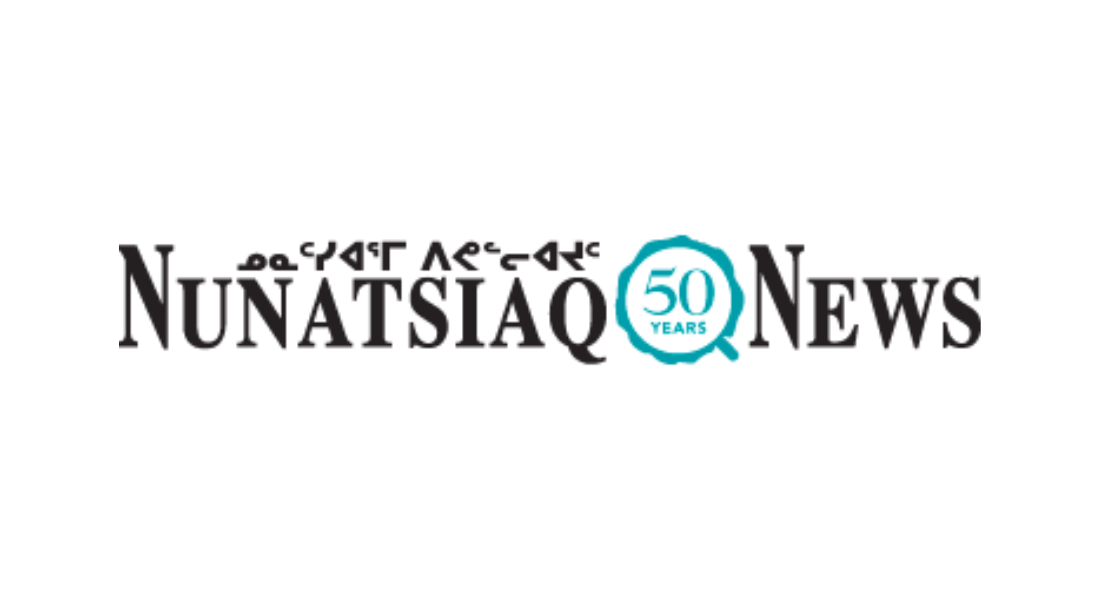Organization wants to find out what services caregivers would like to see
Nunavut will soon get a full picture of the barriers faced by people with disabilities as well as the lack of much-needed services in the territory’s 25 communities.
“Their experiences with transportation, medical travel, accessing medical services, communications, housing, you know, experiences accessing recreational and community activity,” said Alyson Colon, research manager for the Nunavut Disabilities Makinnasuaqtiit Society in Iqaluit.
The organization is conducting two research projects that are complementary to one another.
“We are really trying to get an understanding of barriers that they face in their day-to-day lives and improvements that they’d like to see in services and supports in their community,” Colon said.
A three-year research study funded by Accessibility Standards Canada, a federal agency, is near completion, she said.
As part of that study, the organization visited all 25 of Nunavut’s communities to speak with people who experience barriers, those who identify as having a disability themselves or who care for someone who is encountering barriers.
The second project centres around caregiving.
“In our work with the Accessibility Project, we also spoke with people about their experiences in providing care. We talked about mental health, burnout — those kinds of experiences,” Colon said.
Funding for that project came from the Canadian Centre for Caregiving Excellence, based in Toronto. It gave additional funding to do “deeper kind of interviews” with people who provide care and to get their perspective, Colon said.
She said it is an ambitious project and the first of its kind.
“There hasn’t been, to our knowledge, a study that looks at disabilities across the territory. So it is unique in that regard. We started the study in 2021, so we will have the report out early fall 2024.”
Colon noted the organization has received important information from community members.
“We are hoping to make use of that and to provide different territorial government departments with information that is specific to them and that’s helpful for them to understand the needs of Nunavummiut in their particular area of focus,” she said.
The lack of accessible transportation and a demand for mental health support were trends that stood out among the responses from people the society spoke with, Colon said.
The most common theme was that people wanted to see more services and supports built with their needs in mind.
“They want to be heard,” she said.
“They want the larger territory to understand their experiences and what they need…. They have shared a lot and very important private information with us, and it is really important that we turn it into action and deliver them something that they are asking for.”
It’s not too late for people to share their perspectives on what people with disabilities need.
Nunavummiut interested in being interviewed or making a written submission about how to improve services in Nunavut can contact the society, Colon said.
Originally published in Nunatsiaq News. View the original article here.


